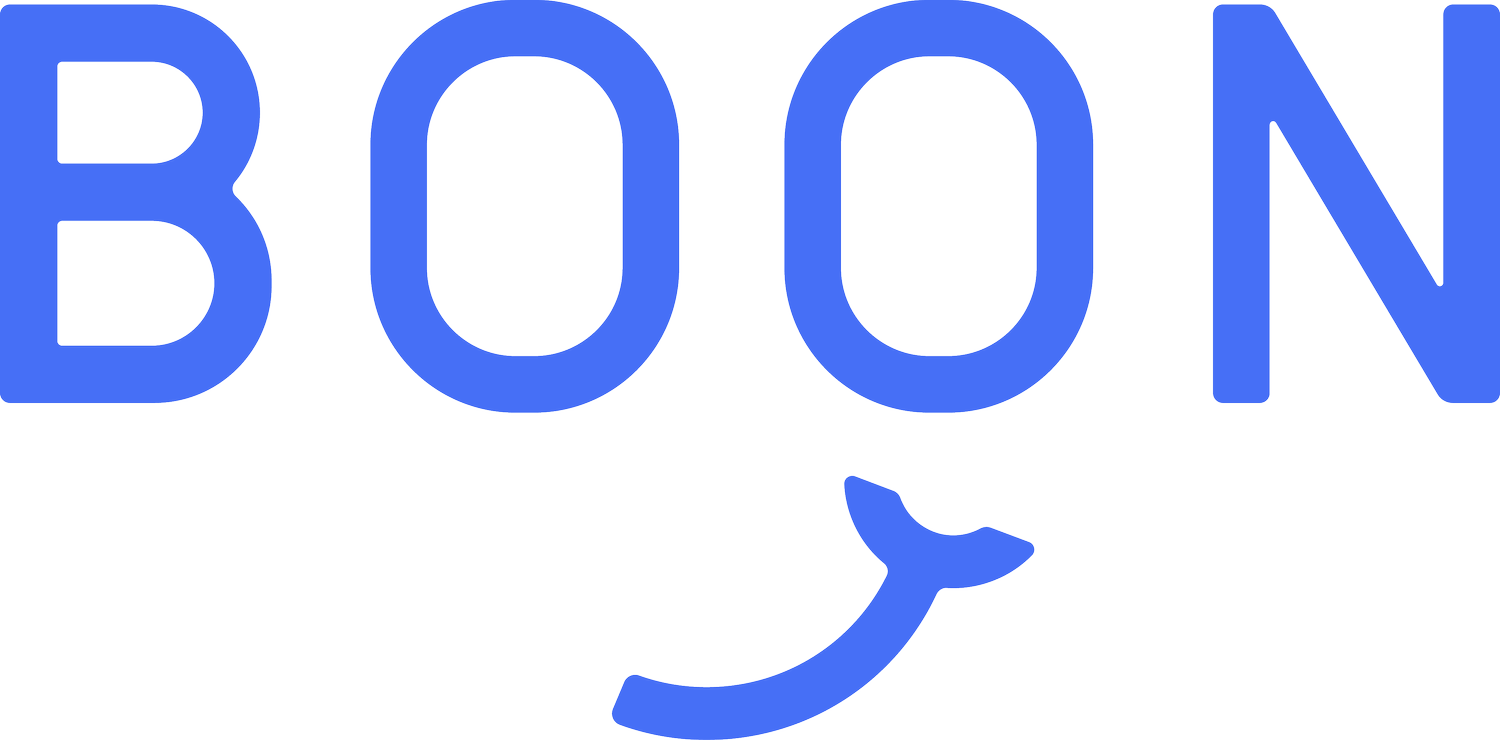Rising Social Anxiety and What to Do About It
Nikki Kett, Boon Coach
How many moments in the last 24 hours have you had the ability to truly be present with yourself? If you’re like most, the answer is probably not too many. In a world where we are constantly bombarded with distractions of social media, news, email and constant access to our phones 24/7, we are becoming further disconnected from ourselves and other people.
Culturally, we celebrate “productivity” in a way that pushes us to constantly be working without ever turning our brains off. Rarely do we set aside an hour just to just BE with ourselves. Being more disconnected is not something we are just imagining; in the last 20 years, the number of people in the US who admit that they don’t have any close family or friends has tripled and just a third of us think that we can fully trust other people.
Lack of time and space for reflection creates a lack of self-awareness. Without self-awareness, we lose the ability to trust ourselves and build confidence. The research supports this - when we build self-awareness, we develop stronger relationships with other people and we are able to communicate more effectively with others.
When all of our “free time” goes to our TV screen, our cell phones, or our email, we lose out on the opportunity to be present with our emotional world and deepen our self-awareness. The presence of your smart phone alone reduces cognitive capacity and functioning. Coupled with even less in person face time (not on your iPhone), we’ve lost the art of how to be present with ourselves and others. For many, resocialization post COVID feels like learning how to ride a bike again.
Not only does technology take us away from ourselves but it also provides countless opportunities for us to start comparing ourselves to everyone else. Our brains are wired to do this. It’s job is to constantly calculate if we are “good enough”. Even if we are perfectly content, all we have to do is open up our phone and see how good everyone else’s lives seem to be and we feel unhappy. We start to think maybe something is wrong with our own lives.
The comparison shows up in so many aspects of our lives. We may start asking ourselves:
Am I being judged?
Will I say the wrong thing?
Am I good enough to be in the room?
What do other people think about me?
We are highly socialized species. Our brains were evolved to be bigger so that we could connect and work with other humans to solve complex problems. Evolutionary, without the ability to corporate, we wouldn’t survive our environmental threats. Our brains are wired to connect and will do it at the cost of self if we are not intentional. In today’s world, our brain is navigating even more heightened fears – how do I freely communicate how I feel without the fear that I am going to be judged, shamed, or ridiculed and thrown out of my tribe?
It’s no question that we live in a polarizing society – we’ve lost the ability to be present, sit with our emotions, and engage respectfully in difficult conversations with our peers when we disagree. This is no easy feat, but in many ways in our relationships depend on it.
Our brain will always choose what’s easiest, and so often when we experience social anxiety, we choose to stay silent and in our heads, forgoing authentic self-expression in order to not rock the boat. The irony is that while our brain chooses to keep us from rejection in the moment because it wants to preserve connection, it backfires. When we compromise authentic self-expression and vulnerability, real connection isn’t possible. We lose self-trust and confidence because we subconsciously are telling ourselves that our perspective isn’t as important as keeping the peace or risking disagreement.
Social media, our inability to be present, and our fears that we are going to be rejected from our peers all contribute to rising levels of social anxiety.
If social anxiety is something you or your employees struggle with, Boon Coaching can make a huge impact.
Coaching can not only help to develop deeper self-awareness, but can also help clients to carve out time to prioritize themselves and be more present with their emotional world. This alone can deepen self-confidence and empower employees to express their opinions and bring their value to the table. With the ability to regulate their emotional world, leaders and managers can learn to intentionally to create an environment of psychological safety, allowing for individuals to self-express more freely and for teams to perform better.
When we start to believe in the value we bring to the table, even if our perspective is different than our peers, our social anxiety lessens because we know we are deserving and worthy of having an opinion. When we understand our brains, we can be more compassionate with ourselves instead of making our fear of interacting mean that something is wrong with us or we’re never going to measure up. As the saying goes: “Confidence is not “they will like me, it’s “I’ll be fine if they don’t.””
———————————————————————————————————————————————————————————————————————————————————————————————-

